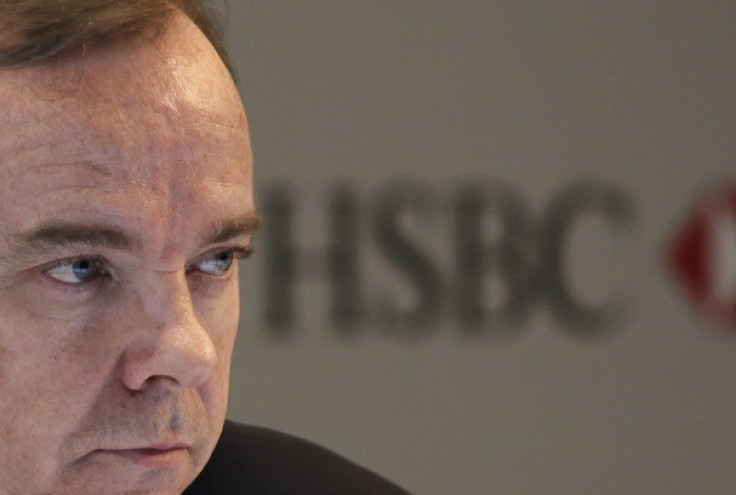HSBC Boss Stuart Gulliver: Our Bank Leaders are Too Pale and Male

The boss of HSBC has slammed the bank for being "too pale and male" and called for workplace reforms to increase diversity.
Stuart Gulliver, group chief executive of HSBC, criticised the lender's lack of diversity in senior positions, at a conference in Hong Kong.
He told attendees at an event run by the Women's Foundation that HSBC is "too pale and too male for our own good".
Gulliver, who took charge of the bank in 2011, called for a shake-up of workplace practices to attract and promote more women in the profession as well as increasing inclusion for those of different races, religions and sexual orientations.
"It's only really in the last 10 or 20 years that women at HSBC have been able to put all their talents to use," he explained.
Women currently make up 22% of the lender's senior management population - only 3% below the bank's own 2015 equality target.
But just four of its 17 board members are women, amounting to 13% female representation.
The figure is much lower than the UK government's 25% female board membership target for FTSE100 companies by 2015, which was proposed by Lord Davies in 2011.
Gulliver's comments follow the news that there are now more women in UK boardroom positions than ever before.
Record High
According to the Cranfield School of Management, women now account for 19% of FTSE 100 and 15% of FTSE 250 board positions - the highest level since the organisation first began monitoring it.
Cranfield's government sponsored research revealed that over the last six months 27% of FTSE 100 and 30% of FTSE 250 new appointments went to women.
"We are definitely seeing a cultural shift taking place within UK business," said Professor Susan Vinnicombe, director of the Cranfield International Centre for Women Leaders.
But the picture appears to be worse among the FTSE 250.
In a sample of 50 companies, while 82% recognise the need for greater boardroom diversity, only 18% state a clear policy and just 14% have set measurable objectives, although almost a quarter (24%) do address diversity in their board evaluation process.
In addition, there are still only three female chief executives in the FTSE 100.
© Copyright IBTimes 2024. All rights reserved.






